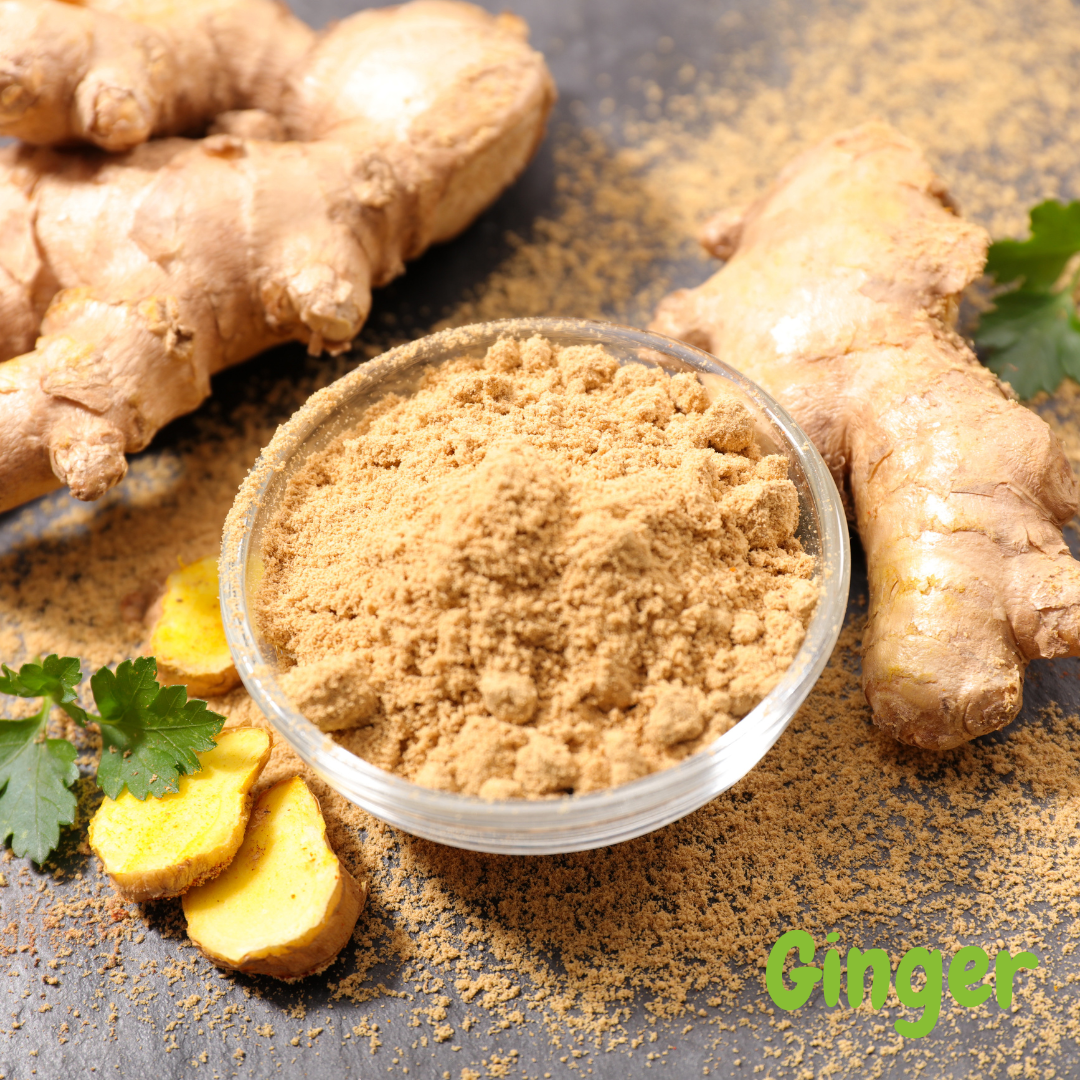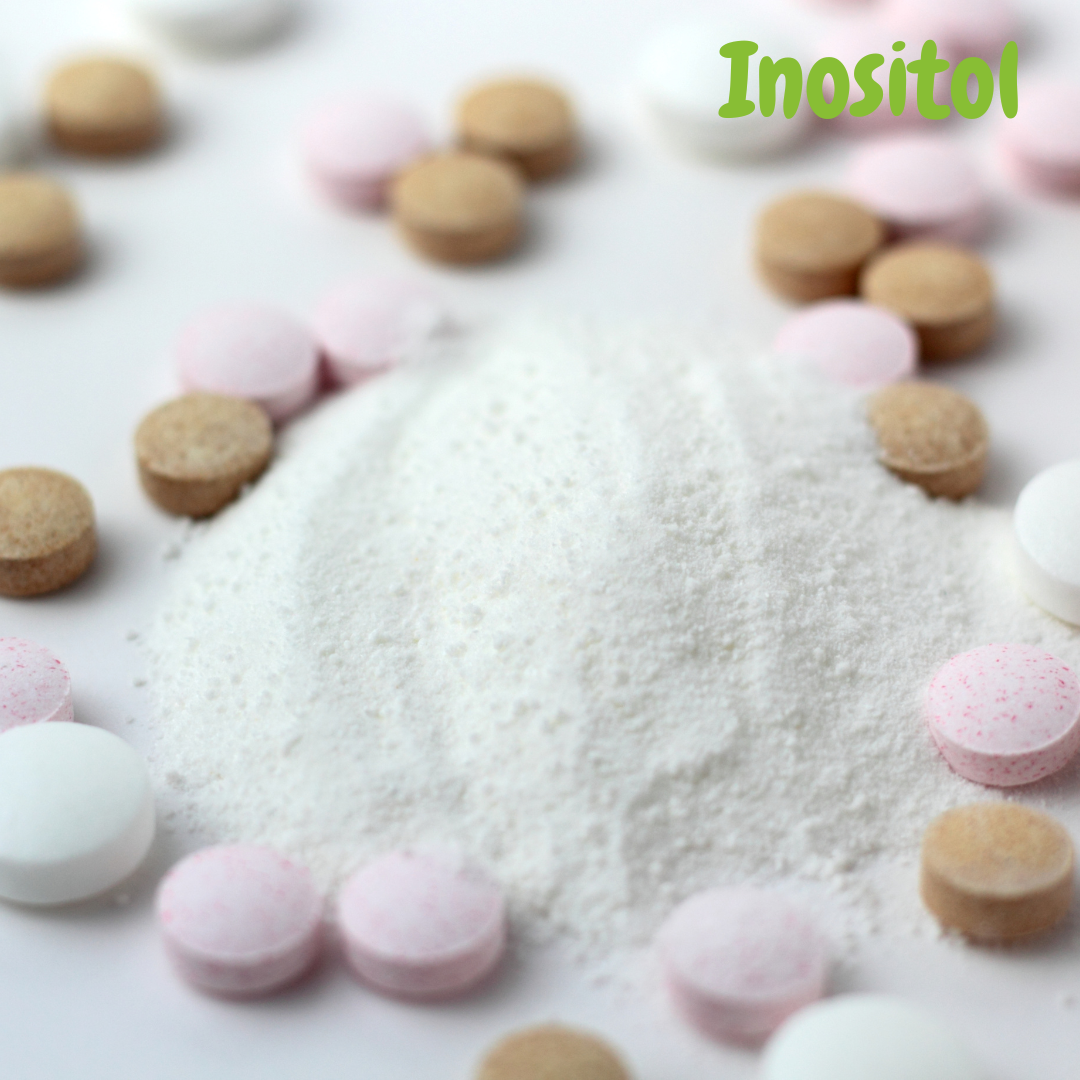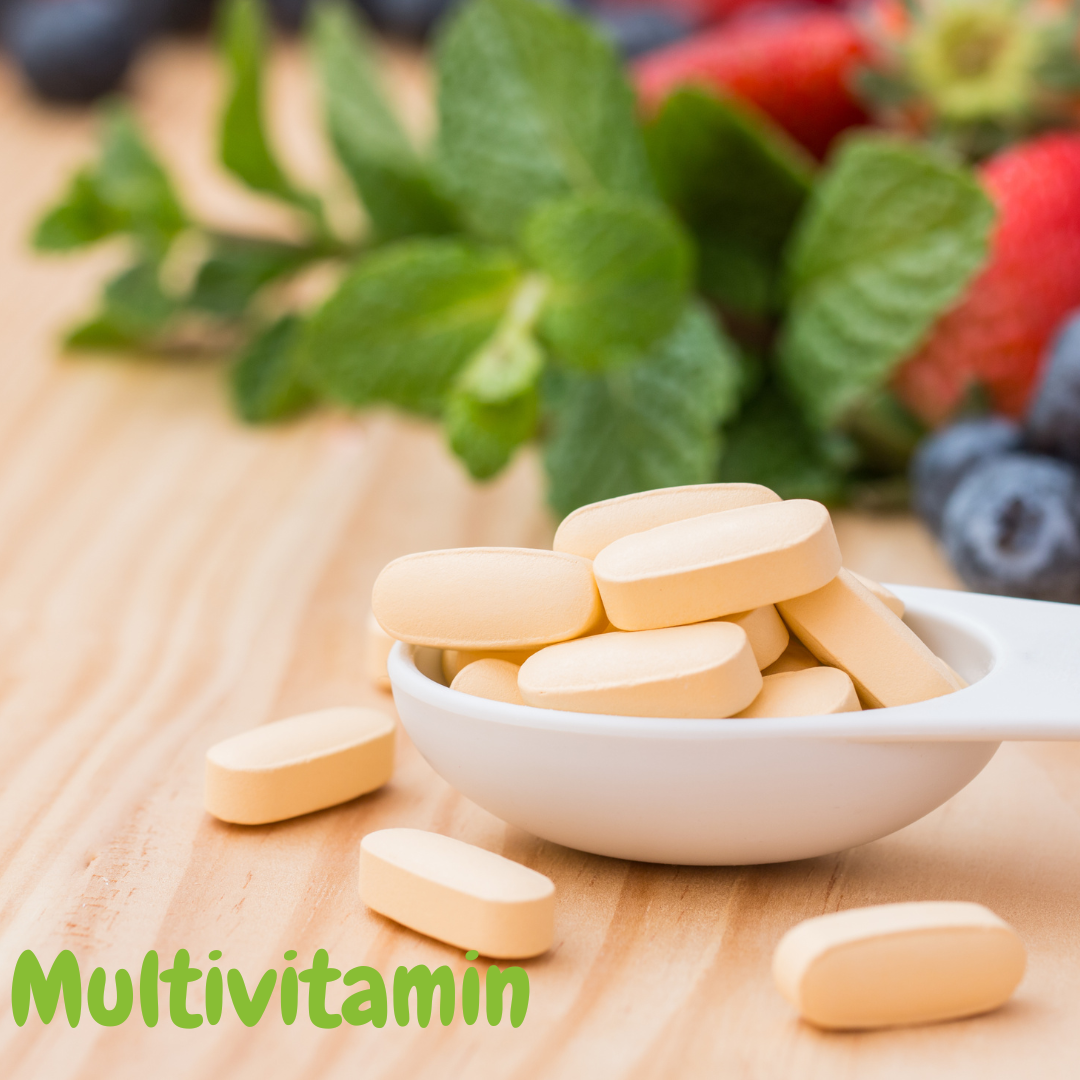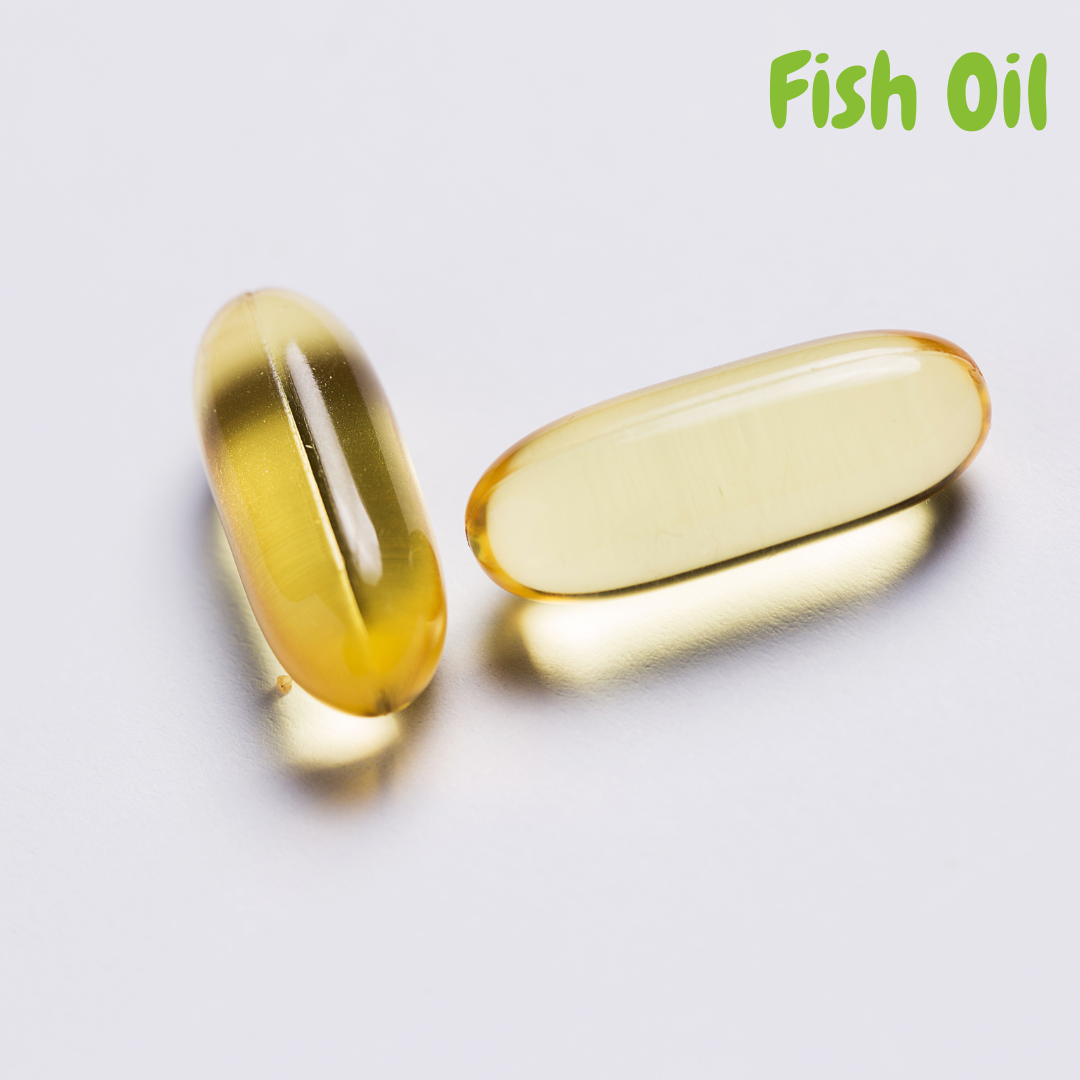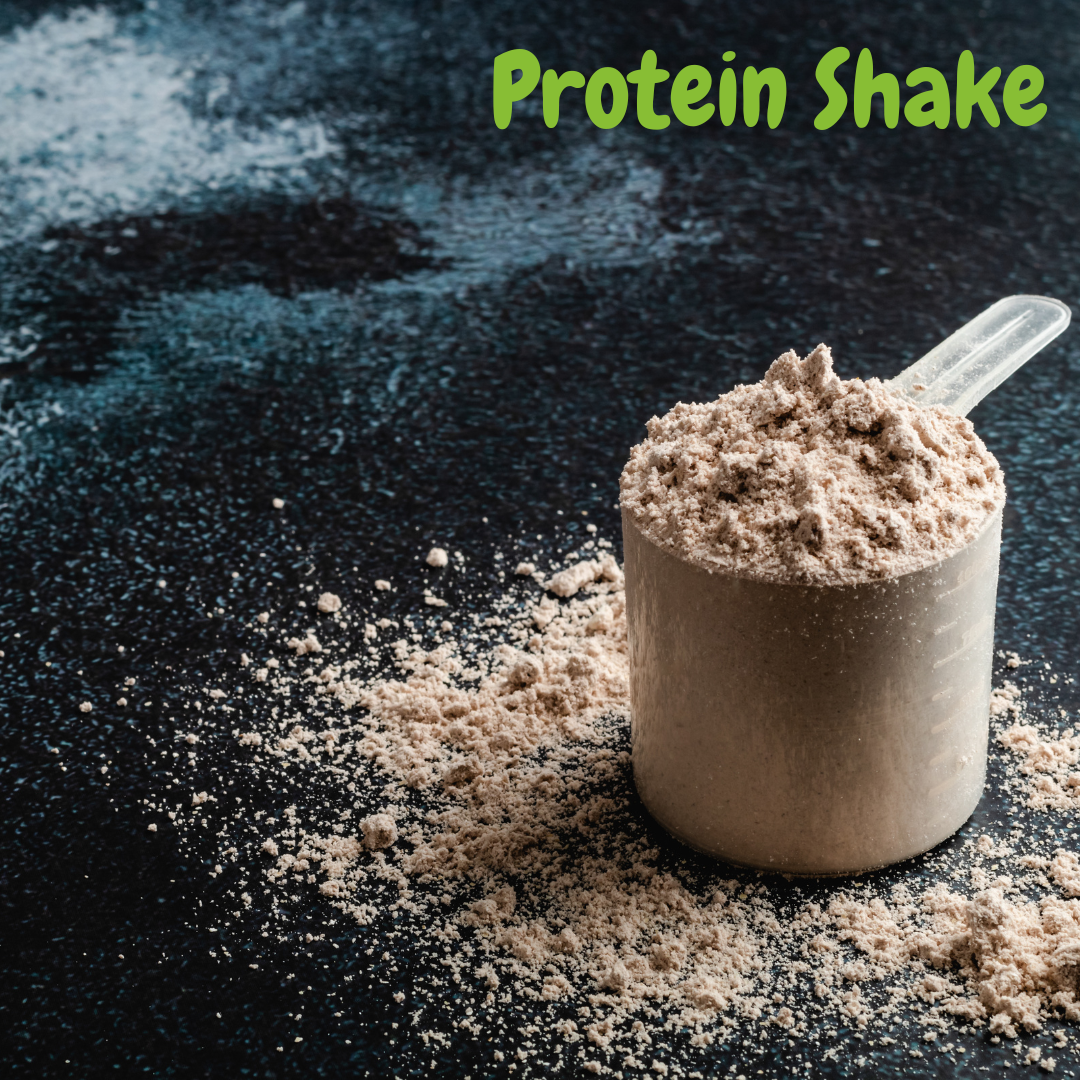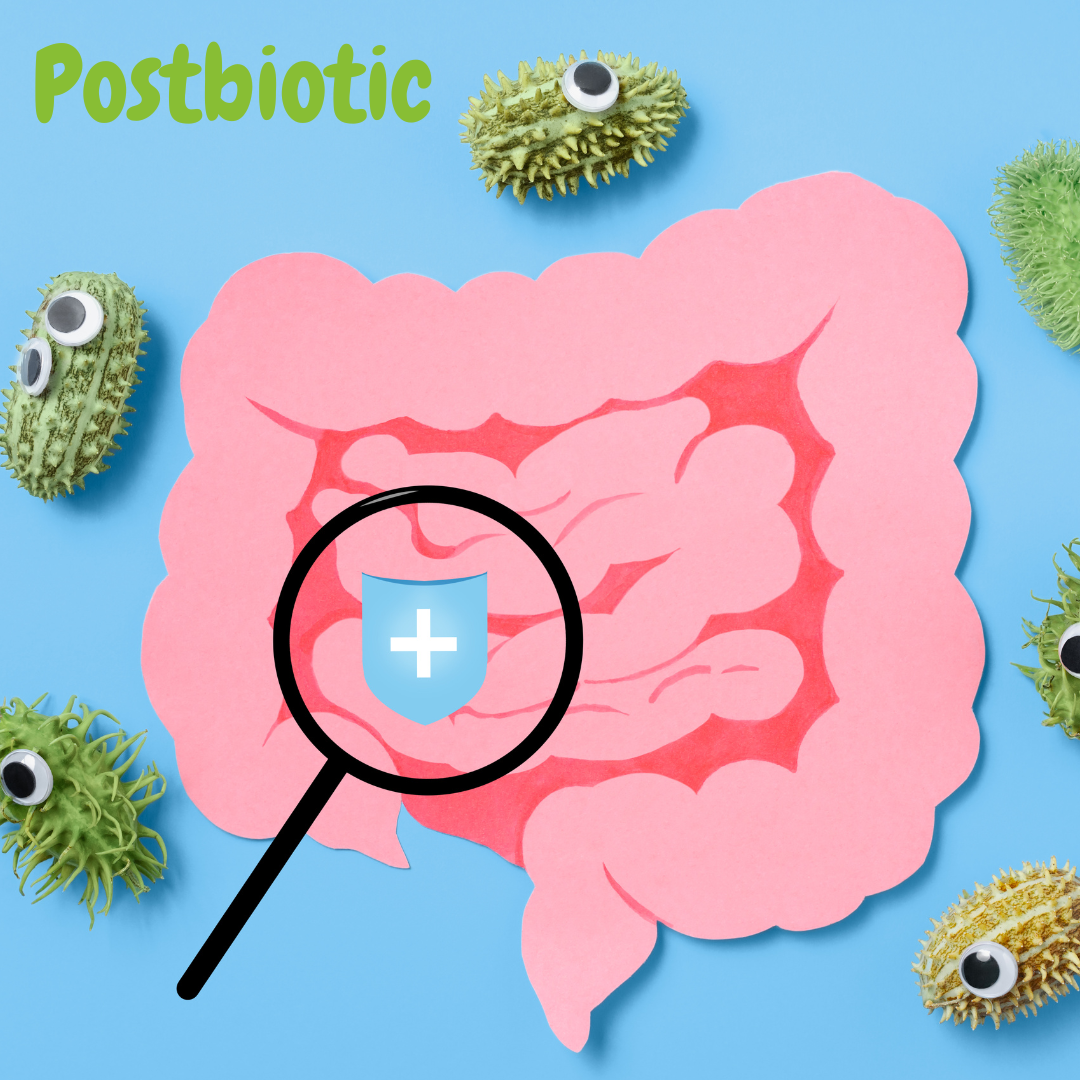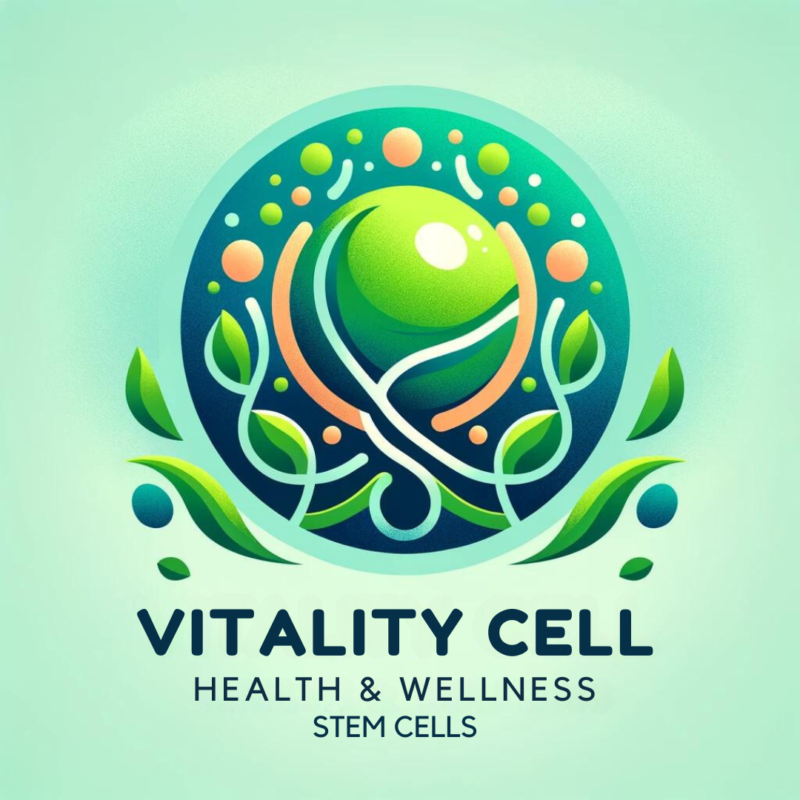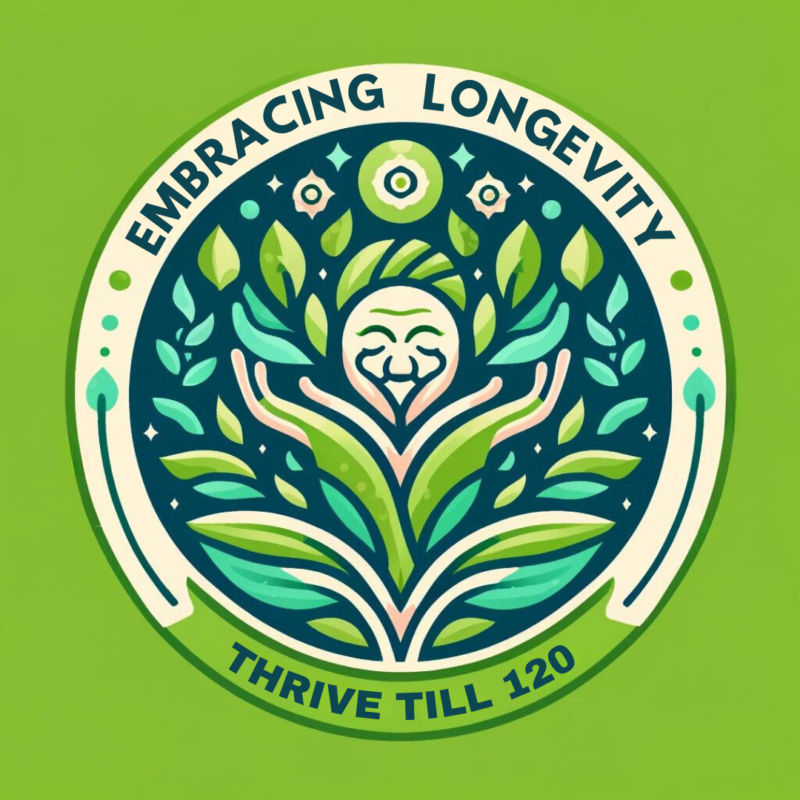Unlocking Morning Vitality: My Comprehensive Wellness Ritual

Unlocking Morning Vitality: My Comprehensive Wellness Ritual
Mornings set the tone for our entire day. That’s why I’ve meticulously curated a morning wellness routine that not only wakes me up but also aligns my body and mind for the day ahead. Through trial and error, I’ve found a combination that keeps me energized, focused, and balanced. Here’s a detailed look at my morning routine that I swear by for optimal health.
1. Starting with Celtic Salt
My day begins with a pinch of Celtic Salt. Why salt, you might wonder? Celtic Salt is rich in minerals and helps to hydrate my body first thing in the morning. It kickstarts my digestion and prepares my body to absorb nutrients more effectively throughout the day.
2. The Power Shot
Next, I take a shot of a concoction that sounds more like a magic potion: water, MCT Oil, Apple Cider Vinegar, lemon juice, turmeric, cayenne pepper, and ginger. This mix is a powerhouse of metabolism-boosting ingredients. MCT Oil provides a quick energy source, while apple cider vinegar and lemon detoxify the body. Turmeric and cayenne pepper have anti-inflammatory properties, and ginger aids in digestion.
3. Inositol and Cinnamon Concoction
Following the shot, I drink a mixture of Inositol and cinnamon. This not only adds a hint of sweetness to my morning but also supports insulin sensitivity and blood sugar control, thanks to the properties of Inositol and the blood-sugar-lowering effects of cinnamon.
4. Green Goodness
I then consume a green concoction made from spirulina, chlorophyll, and barley grass. This drink is a chlorophyll-rich blend that helps in detoxifying the body, boosting the immune system, and providing a surplus of vitamins and minerals. It’s my go-to for a burst of energy.
5. Gut Health Galore
To ensure my gut starts the day right, I have a drink filled with fibre, probiotics, prebiotics, and postbiotics. Maintaining a healthy gut flora is crucial for overall health, improving digestion, enhancing the immune system, and even boosting mood and cognitive functions.
6. Protein Shake
Post my gut health regimen, I fuel up with a protein shake. This helps in muscle repair and growth, and it keeps me satiated until my next meal. It’s essential for maintaining muscle mass and supporting metabolic rate.
7. Vitamin C Boost
A vitamin C tablet follows. It’s vital for immune function, collagen synthesis, and the repair of all body tissues. It’s also a powerful antioxidant that combats free radicals in the body.
8. Essential Fatty Acids
Two fish oil tablets provide omega-3 fatty acids, crucial for heart health, brain function, and reducing inflammation throughout the body.
9. Multivitamin for the Win
I take a multivitamin to cover any nutritional bases that my diet might not cover. This ensures I receive a spectrum of nutrients essential for body functions.
10. Herbal Tea with Ashwagandha
Finally, I wind down my morning intake with a cup of herbal tea infused with Ashwagandha. This ancient herb is renowned for its stress-reducing effects and helps in balancing my mood and energy levels.
This routine might seem extensive, but it’s my formula for a vibrant and energetic start to the day. Each element has a specific purpose and contributes to my overall well-being. Whether you take on this entire routine or incorporate just a part of it, understanding what your body needs is the key to better health and improved vitality. Here’s to a healthier, energized you!

